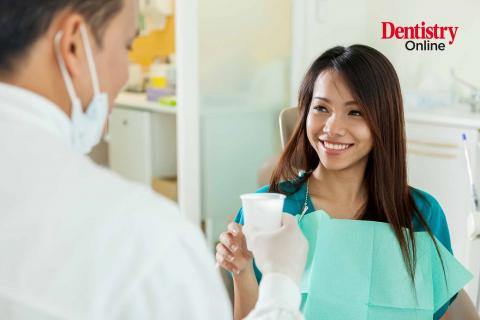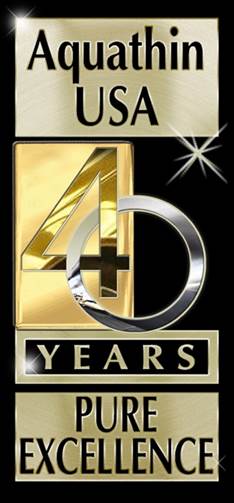What is the best water purification system for dental practices?

Aquathin looks at the possible ways for dental practices to purify their water and lists the pros and cons to each method. Having pure water readily available has become an integral part of the safe running of dental practices. Pure water forms an important part of the infection prevention process for dental practices. It helps avoid any potential health, safety and compliance implications that could occur in the event of infection, or cross contamination. One of the primary reasons dental and medical practices require pure water is for the safe operation of autoclaves for sterilising medical apparatus and tools. Autoclaves require the highest quality pure water to sterilise effectively. This will therefore eliminate the possibility of cross-contamination across surgical tools that could potentially infect patients. Pure water options for dental practices The majority of dental practices get pure water from one of the following four methods (or a combination of these) Bottled pure water Many dental practices and medical facilities have regular deliveries of pure water in large plastic gallon containers. This is one of the most common solutions found in dental practices. Although practice managers are increasingly becoming concerned by the environmental impact of this solution. Not only is using plastic environmentally damaging, but the water miles of delivering, plus handling and storing this water is making this a far less attractive solution. Water distillers Water distillers are a good way for practices to ensure they have high quality pure water. The process in its simplest terms is turning water into a vapour. Then condensing it and returning the water to a mineral free, pure liquid state. The use of distillers is common within medical and dental practices. One of the major issues with distilled water systems however, is that these units have to use high levels of energy, heat and electricity to produce pure water with lengthy production times. This therefore makes them somewhat inefficient, and frustrating alternative for dental practices. Reverse osmosis (RO) water systems Reverse osmosis (RO) is by itself an excellent method for reducing impurities. It has the capacity to remove up to 70% of nitrates, 96% of lead, 98% of heavy metals, 98% of chemicals, 100% disease causing waterborne micro-organisms, pathogens and also viruses if controlled by an intelligent system. This method of water treatment is popular amongst dental practices. It enables them to produce their own instant pure water. Although a really good method, the water still contains some impurities. The majority of systems are known to be fairly high maintenance with regular filter/membrane changes required to ensure the system is operating effectively. Reverse osmosis and deionization (RODI) plus ultra filtration (UF) Aquathins patented Aqualite RODI UF water purification system produces 99.9% ultra-pure, clinically safe water. Aquathin earned seven patents for its RODI UF systems, combining RO with deionisation plus UF to guarantee clinically safe, ultra-pure water. This system is the only RO system available that is registered by the Environmental Protection Agency (EPA) and MHRA compliant, as well as ISO and IAMPO certified. This accreditation means that Aquathins systems are the only purifiers in the world that can connect to microbiologically unsafe water. The patented RODI UF process is also the only system that incorporates a patented auto-flushing mechanism. This removes the build up of plaque from the membrane. This feature also helps Aquathins membranes last up to 10 times the lifespan of other RO systems. It could mean a saving of over £1,000 on membrane replacements over a period of ten years.


